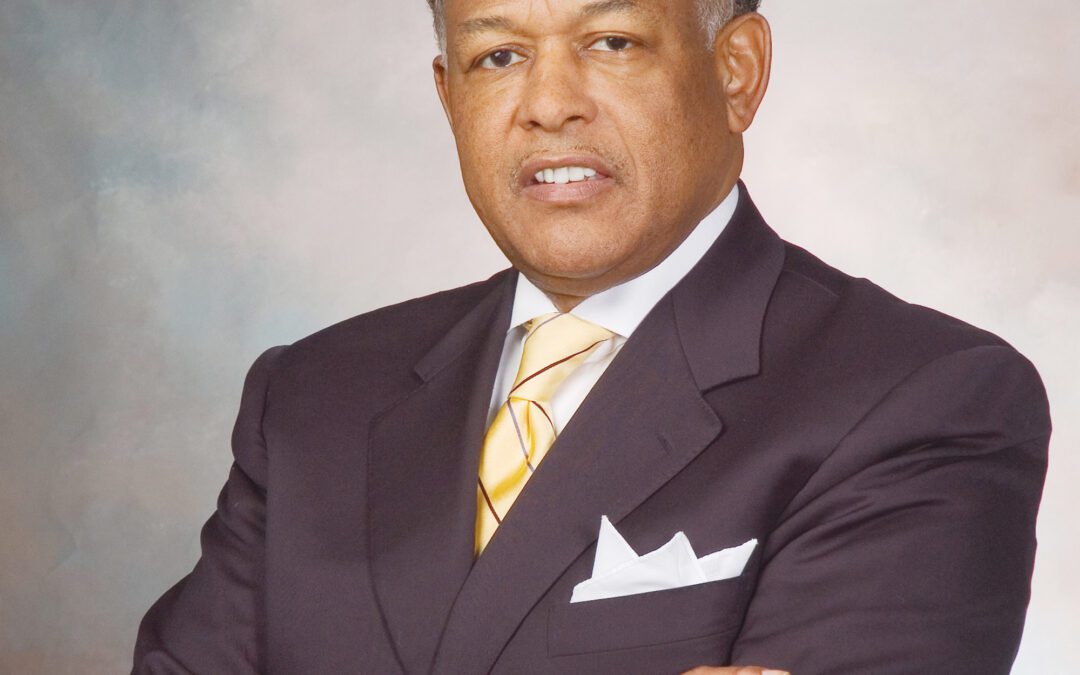Over 100 organizations, including HRC and GLAAD, have signed onto a letter from the National LGBT Cancer Network warning that coronavirus may present a higher risk for LGBTQ communities in the US. A coalition of LGBTQ advocacy and support organizations is warning that...



